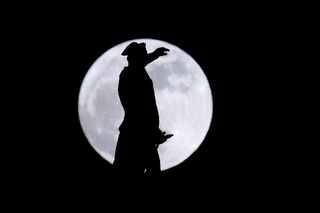Can Democracy Handle Charisma?
Political charisma seemed less dangerous, frankly, at the end of the twentieth century when all citizens really wanted was to be inspired and Western democracies swooned regularly over boyish heartthrob leaders. It was the age of Bill Clinton and Tony Blair, after all, a time when democratic leadership was synonymous with the ability to feel voters’ pain, to make politics seem vital and desirable and sexy. By the 2000s, it was easy to think that democratic feelings were hollow but harmless: a consumerist thrill or a splash of celebrity.
Read Full Article »
Comment
Show comments
Hide Comments





